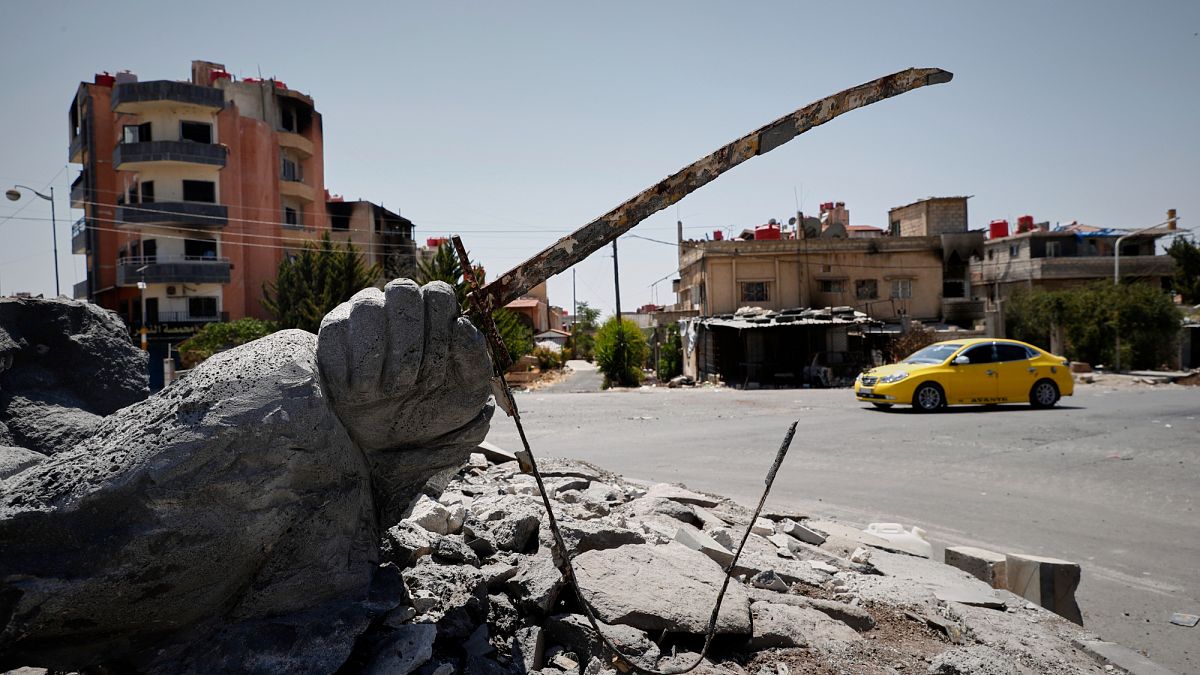

In recent weeks, significant developments in electoral processes and human rights issues have emerged across different regions, capturing the world’s attention. Each event, unique in its scope, unravels a narrative of change, challenges, and the unwavering spirit of resilience.
In Syria, a nation long familiar with the complexities of political transitions, preparations are underway for the first parliamentary elections since the toppling of Bashar al-Assad’s regime. This pivotal event comes amidst a backdrop of increased unrest, particularly highlighted by deadly confrontations in the Suwayda province between Bedouin and Druze fighters. Observers view this election as a beacon of hope, potentially leading to greater stability and unity among the country’s diverse communities. The Syrian populace, resilient amid adversities, looks to these elections as a step towards establishing a robust democratic framework.
Meanwhile, in a story of endurance and the human spirit, Venezuelan men recently released from El Salvador’s mega-prison have returned home, bringing with them harrowing tales of survival and courage. Under a bilateral agreement between the Maduro administration and former U.S. President Trump, these individuals were held in conditions marked by severe hardships. Subjected to isolation, inadequate living conditions, and alleged “state-sanctioned torture,” their experiences paint a sobering picture of the challenges faced by migrants. Despite these grueling circumstances, the resilience of these individuals remains undiminished, as many, like José Manuel Ramos Bastidas, reunite with their families to start anew, cherishing the embrace of loved ones and the solace of home.
Turning to New Zealand, a country celebrated for its commitment to democratic values and inclusivity, current electoral reform proposals have sparked a significant dialogue on human rights and enfranchisement. Prime Minister Christopher Luxon’s government is advocating for changes they assert will modernize and sustain the electoral process. These changes include advancing the cutoff for voter enrollment, reinstating a ban on prisoner voting, and restricting the provision of free food and entertainment near polling stations. However, these reforms have provoked concern from the Attorney General, raising alarms about potential human rights violations and the disenfranchisement of the Māori population. The conversation around these reforms underscores the delicate balance between modernizing electoral processes and preserving the democratic rights of all citizens. The New Zealand government faces the challenge of navigating these complex issues while ensuring that reforms bolster, rather than hinder, inclusive participation in democracy.
Each of these unfolding narratives emphasizes the global interconnectedness of efforts toward political and social justice. As nations navigate the tides of change, they highlight the universal themes of resilience, the quest for justice, and the importance of safeguarding human rights. From the Middle East to Latin America and the Pacific, these stories remind us of the power of compassion, the endurance of hope, and the shared human journey toward a more equitable world.
Source: {link}
